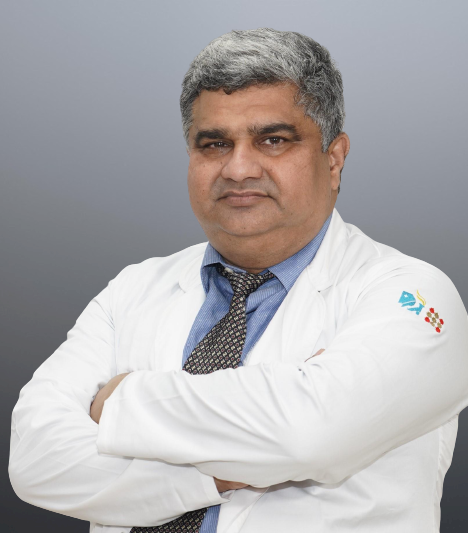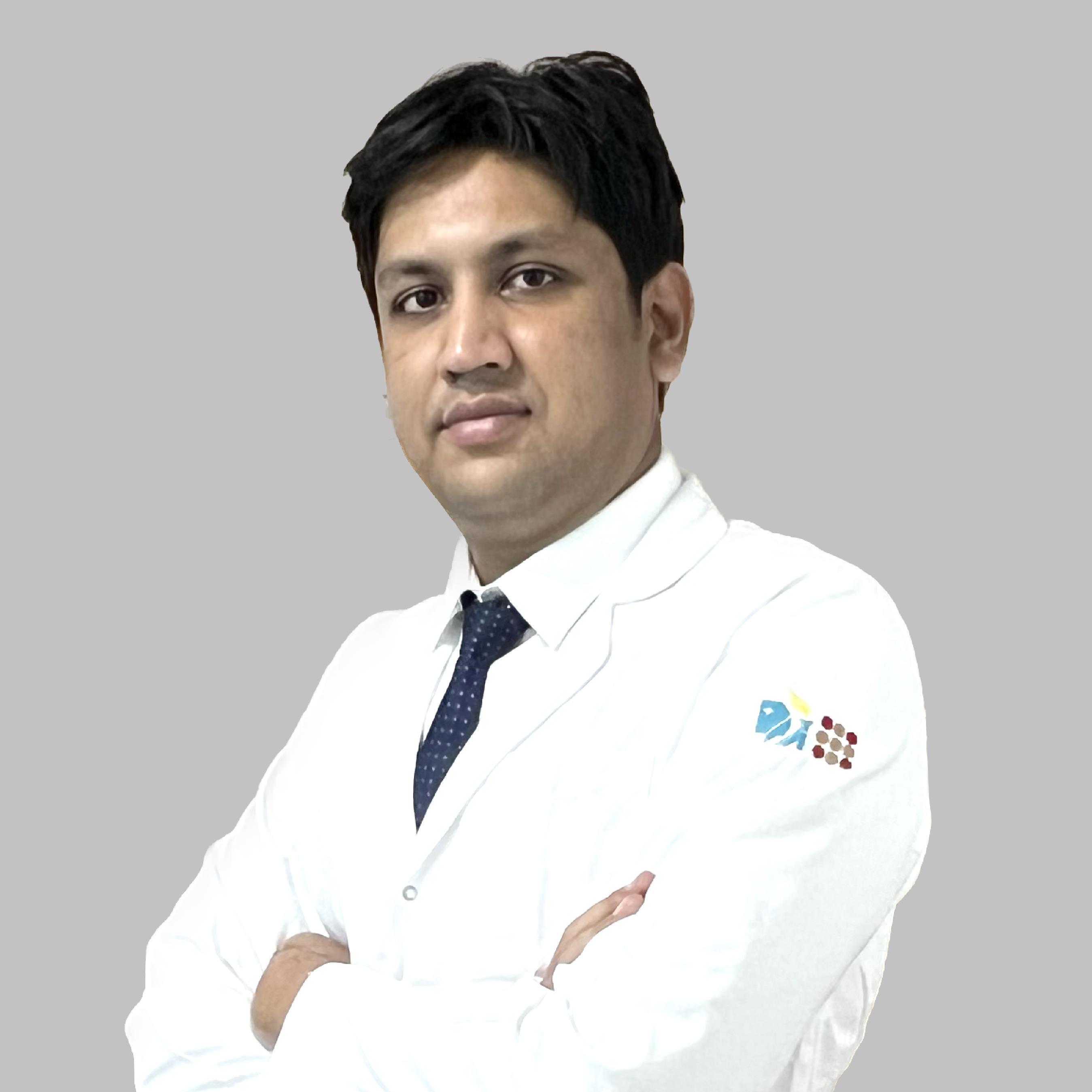Best Doctors for Rheumatoid Arthritis in Lucknow
Rheumatoid arthritis (RA) is a debilitating autoimmune disease that causes the immune system to mistakenly attack the body’s tissues, particularly those lining the joints. This leads to inflammation, severe pain, and eventual joint damage. Often affecting both sides of the body, RA primarily targets the hands, wrists, and knees. In severe cases, the heart, lungs, and eyes can also be affected. The key risk factors for developing RA include genetic factors, age, smoking, obesity, hormonal factors, infections, and early life exposures.
The city of Lucknow, with its growing elderly population and increased prevalence of lifestyle risk factors such as smoking and obesity, has seen a significant rise in RA cases. However, Lucknow residents are fortunate to have access to some of the best doctors for rheumatoid arthritis in the city. The team of rheumatoid arthritis specialists at Apollo Hospitals in Lucknow suggest a combination of medications, lifestyle modifications, and sometimes surgery to prevent or slow joint damage associated with RA, thereby improving patients’ functionality and quality of life.









 Call Now
Call Now



